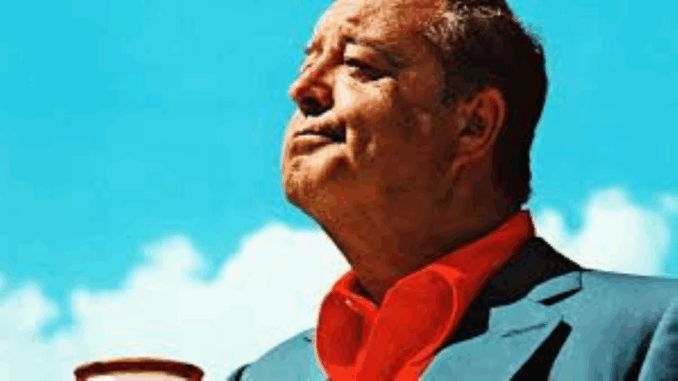
Though The Honeymooners only ran for two short seasons, its impact on American television was seismic. Premiering in the mid-1950s, the show introduced audiences to Ralph Kramden, the blustering Brooklyn bus driver who dreamed of wealth but could never quite escape his working-class life. Jackie Gleason, the man behind Ralph, became a household name almost overnight. His timing, his ability to balance comedy with pathos, and his charisma made him the undisputed king of television comedy during that era.
Yet behind the bombastic stage persona, Jackie Gleason carried with him a remarkable humanity that often went unnoticed. Born and raised in grinding poverty in Brooklyn, Gleason knew firsthand the sting of want. His father abandoned the family when Jackie was a boy, and his mother struggled to keep them afloat. That early hardship never left him. In later interviews, Gleason confessed: “When I left home, I had 38 cents in my pocket, and I vowed to help others someday if I made it.”
True to his word, Gleason treated the cast and crew of The Honeymooners like family. He paid his colleagues generously, ensuring they felt secure and respected in an industry notorious for instability. Co-stars like Audrey Meadows and Art Carney often remarked that working on the show never felt like just a job—it felt like belonging to something larger, sustained by Gleason’s fierce loyalty and quiet generosity.

One story, passed around the set in hushed tones, captures his spirit better than any tribute could. During production of the now-iconic “Man from Mars” episode, a strange unease fell over the crew. Gleason, ever attentive, noticed the absence of a regular camera operator. Whispers soon spread: the man’s house had burned down the night before, reducing every possession he owned to ash.
The news struck Gleason deeply. Without a word, he shut down production for the day—a costly decision for any television star, especially during the height of the show’s popularity. But Gleason’s concern was not for ratings or money; it was for a man in need.
The following day, the operator returned to the set, overwhelmed and emotional. He gathered the crew and shared something extraordinary. “My wife found $10,000 in her purse,” he said, voice trembling. “We have no idea where it came from, but we must have a guardian angel.”
The set fell silent. Everyone’s eyes instinctively drifted toward Gleason, who continued working as though nothing had happened. He never admitted to the act, never sought recognition. But for those who knew him, the truth was undeniable.
Audrey Meadows once reflected: “For every story of Jackie helping someone, there’s 50 more you haven’t heard. That’s just who he was. He loved helping others.” It was this quiet generosity, hidden beneath the flamboyant “Great One” persona, that defined him as much as his legendary performances.
In the end, Jackie Gleason’s legacy is not just about the laughs he delivered on The Honeymooners. It’s about the way he carried his humanity into every corner of his life and work. He may have played a loudmouthed dreamer on screen, but behind the cameras, he lived with a quiet grace—lifting up others the way he once wished someone had lifted him.